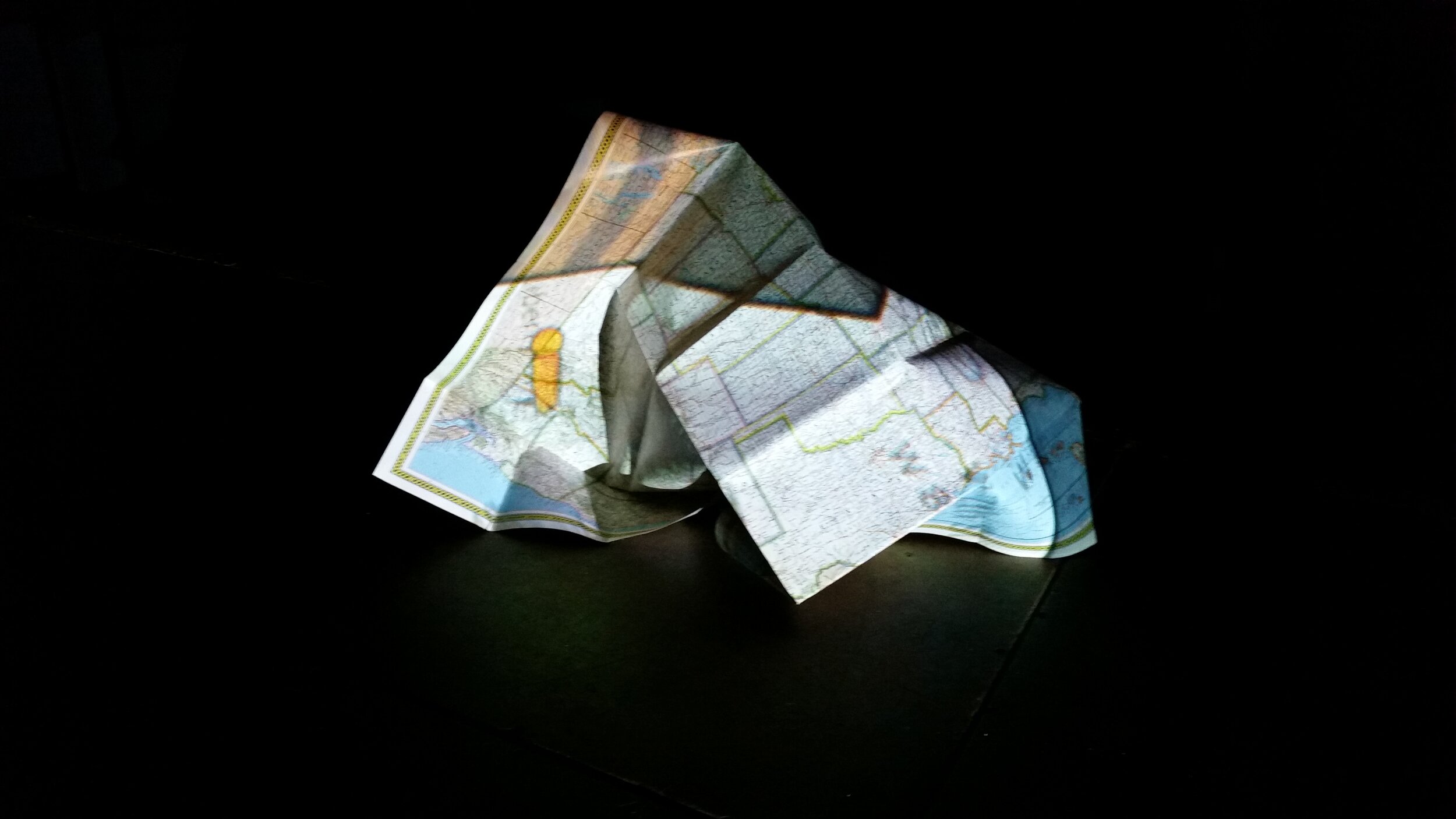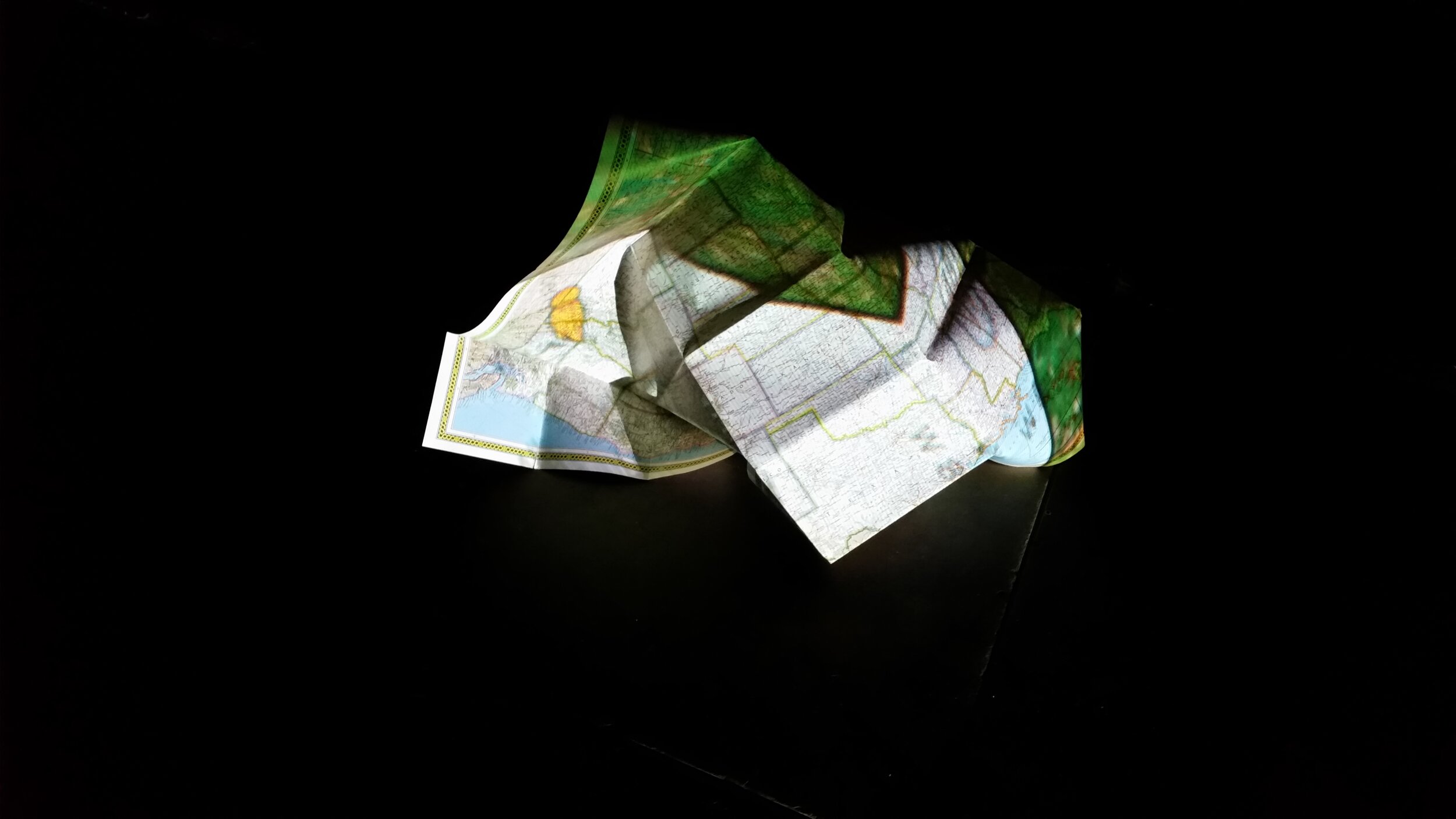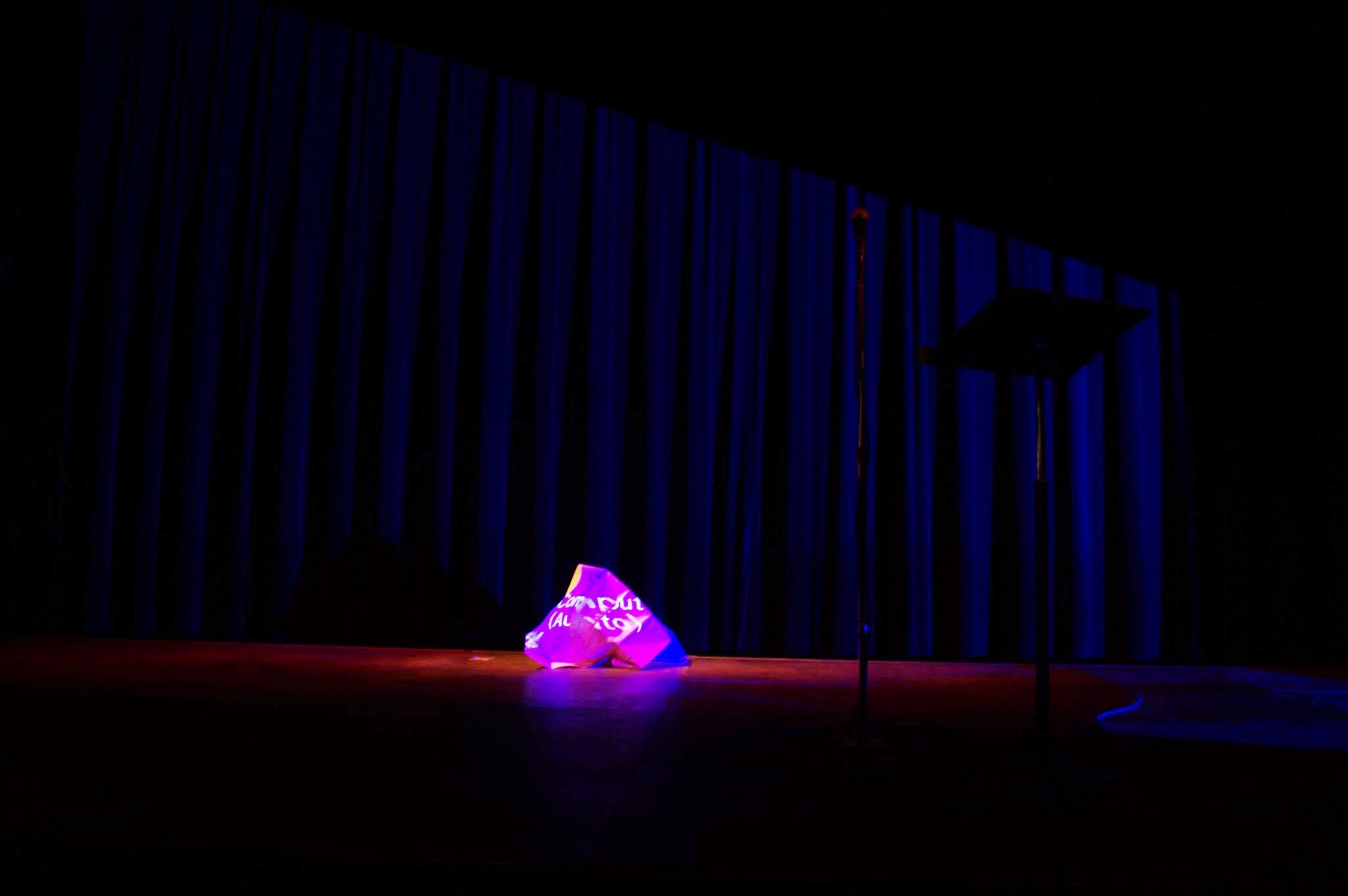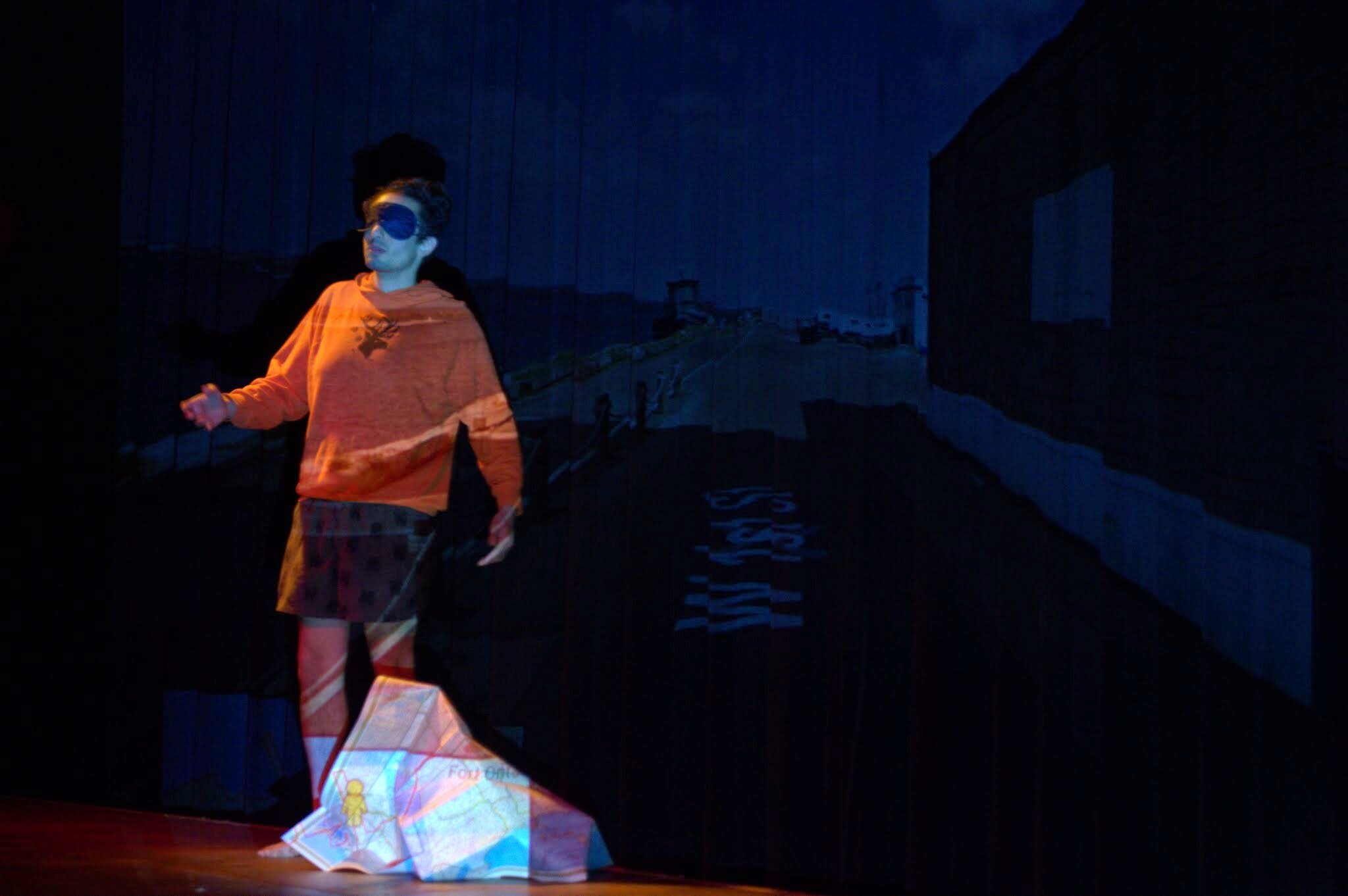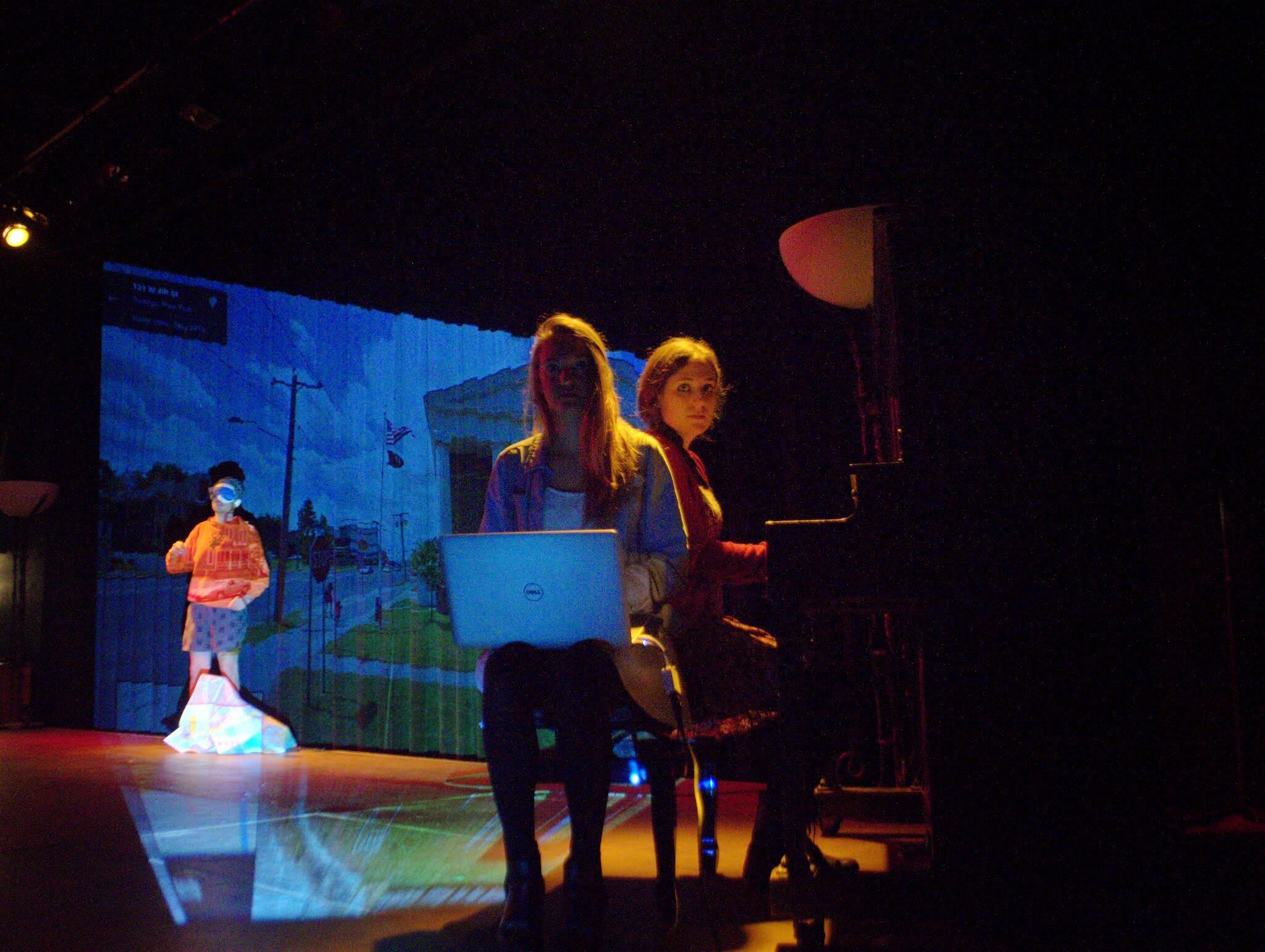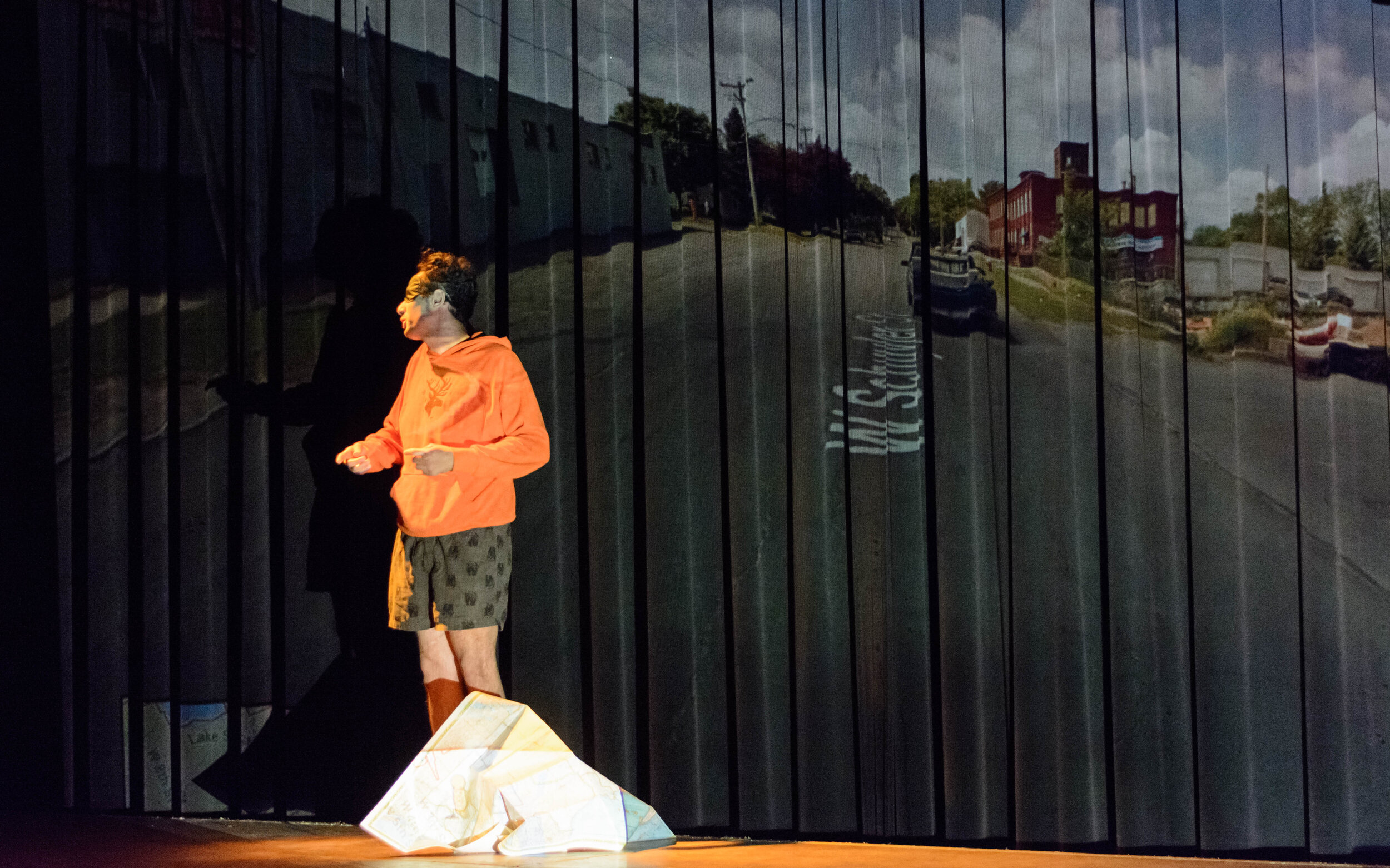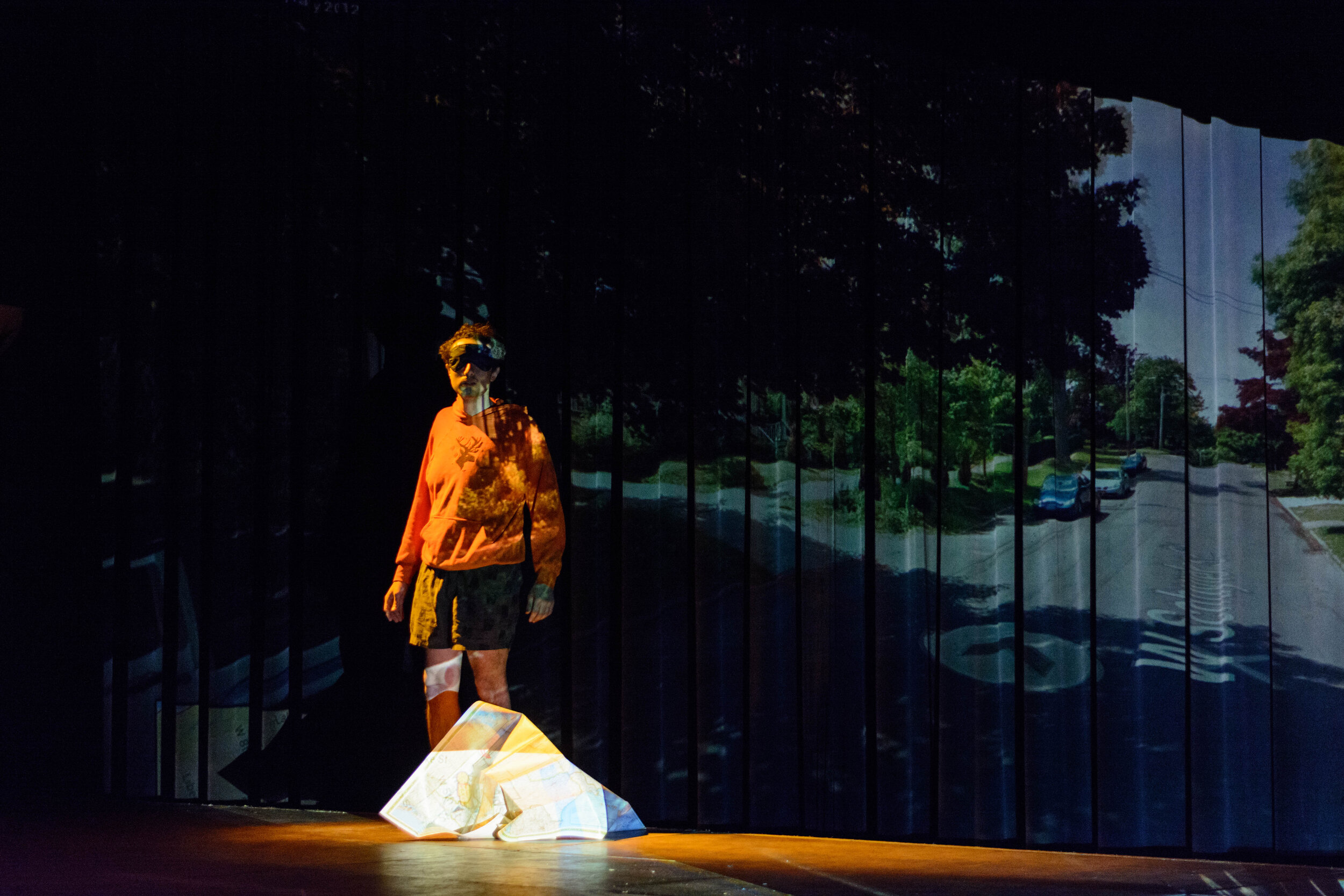Ilk/Ogle
Online mapping technologies have become pervasive, natural, literally new lenses for our sense to place. We get peculiarly lost in virtual maps—we locate the town or intersection or building we're searching for, and then lose ourselves peering all through and around it. In physical life we’re bound by purpose, but in virtual maps we can linger long, casting about the street corner to see what was there over at different moments captured years apart. Memory/longing meet a very technical/constructed reality, and filling in the gap is an intimate process of identification we take up every time we key into a place on Google Maps and get swept away in the encounter.
What does the act and pleasure of looking mean in contexts like Google Street View? How does visual versus physical presence affect the poetics of experiencing place? How do activations of space such as scrolling, zooming, casting one's gaze, etc. facilitate the machinations of memory and imagination? Is our collective desire to know/be from places being corroborated or sabotaged by technologies we've embraced to capture them? Where do non-captured places fit, the peripheral terrains and private spaces without the digital-cultural capital to be mapped?
This piece put a long performed poem onto a live manipulated Google Maps Street View to explore the relationship between place, habitation, identity, and representation.
